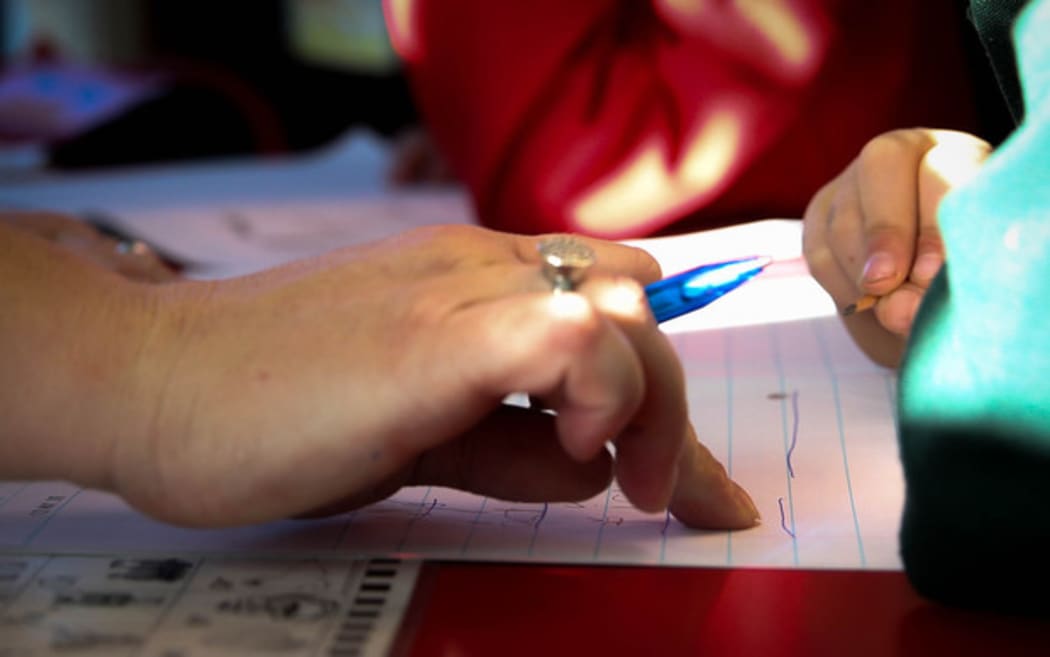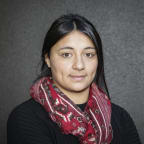A former school PE teacher left her job over a year ago and says she saw too many Māori students looked down on, judged and under-served by the mainstream school system.

Photo: RNZ / Alexander Robertson
Katrina Lemon took those experiences and used them for her thesis that highlights those Māori students who believed they faced racism and were seen as "bottom feeders" by their mainstream schools.
During her 10 years as a mainstream school teacher she saw how many teachers failed to connect with their Māori students.
"I witnessed a lot of practice that would have been quite damaging to students and I think most teachers would witness this stuff and how teachers speak down to students and have that sort of authoritarian-type attitude."
Ms Lemon decided to leave mainstream schooling to manage an alternative education centre and said many of the conversations she had with young Māori were revealing.
Her Masters thesis, published in September, explored how many of those rangatahi felt while in mainstream education.
"They felt racism in school, most of the teachers that they came into contact with failed to create a connection with them, failed to get to know them.
"One student said she went through most of the school year with the teacher constantly getting her name wrong, not knowing even what interests she had in sports and culturally wise."
Statistics from the Ministry of Education show Māori student NCEA pass rates had actually improved over the past eight years by more than 17 percent but they still remained the ethnic group least likely to achieve at least NCEA level 1.
The ministry said the gap between Māori and other ethnic groups was closing and strategies were in place to strengthen the success of Māori.
Lauren Rawiri, 16, from Te Ara Poutama Alternative Education Centre in Auckland, said the teachers at her old school made her feel like she didn't belong there.
"For me it felt like it was for rich people cause the teachers would only teach you - well, from my perspective - if you were, like, white.
"They would give me lots of instructions and then if I don't keep up they'd get mad and then I would get detention."
Ms Rawiri said the teachers at Te Ara Poutama cared more about her success.
"They slow the process down so you can work at your own speed. From my perspective, they teach you like one of their own."
Another student, Kelara Thompson, was referred to Te Ara Poutama after too many truancies at her old high school.
She said the tutors at the alternative education centre treated her with respect.
"They treat you like one of them basically, they don't look down on you. Like an adult basically."
Ms Lemon said teachers could improve the lives of their Māori students by creating relationships with them.
It's an approach Te Ara Poutama director Chantelle Foketi said was changing the lives of her students.
"Kids say to me that they feel respected with us, that we respect them, that they actually feel like they're a person - that they matter to their tutor and what they do and how they achieve actually matters on a personal level."
Ms Foketi said it was difficult for mainstream teachers to create relationships with students because many were over-worked and didn't have the capacity to spend quality time with each student.


